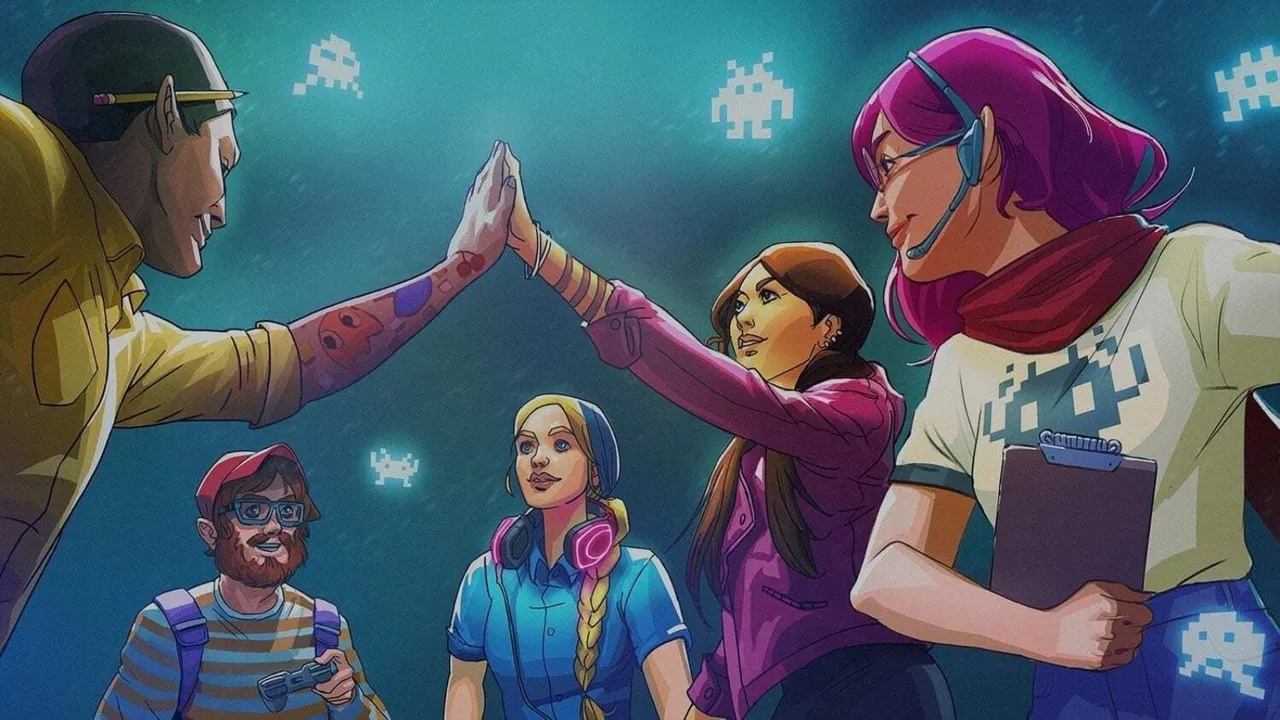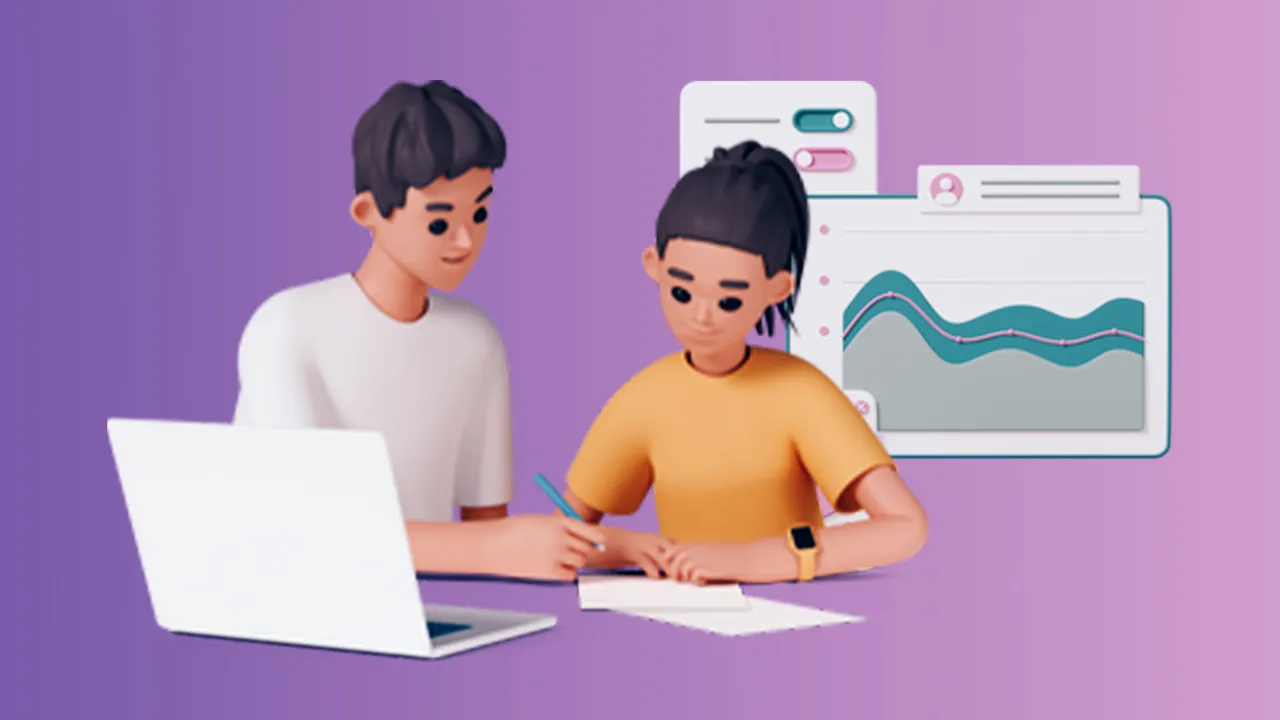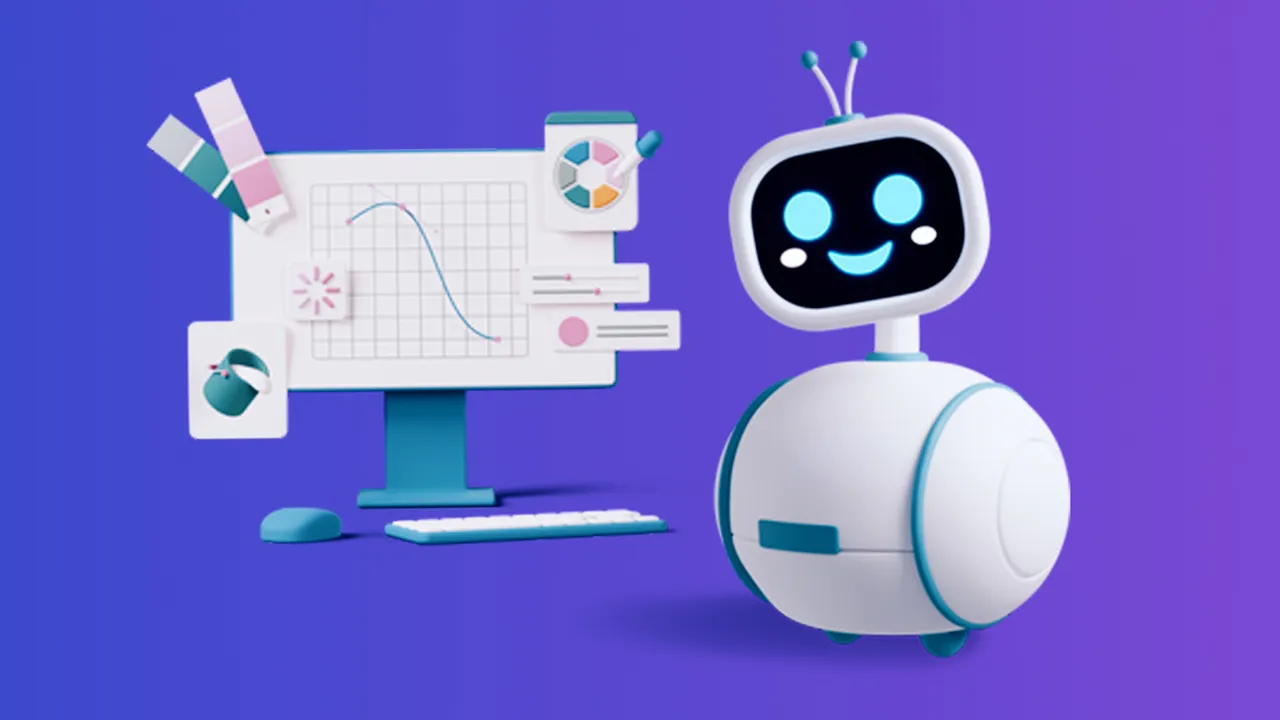Technical Design Jobs in the Video Game Industry: The Ultimate Quick Guide
Introduction
The video game industry offers a multitude of career opportunities for individuals with diverse skills and backgrounds. Technical design is one such area that combines creativity with technical expertise, bridging the gap between game design and programming. This article will explore the various technical design jobs in the video game industry, the skills required, and how to get started.
The Role of Technical Designers in the Video Game Industry
Technical designers play a crucial role in the development process, working closely with both game designers and programmers to ensure that gameplay mechanics, systems, and features are implemented efficiently and effectively. They often create tools, scripts, and prototypes to support the design team, helping to bring the game's vision to life.
Different Technical Design Jobs in the Video Game Industry
Gameplay Technical Designer: A gameplay technical designer focuses on creating and implementing gameplay mechanics, systems, and features. They work closely with game designers to ensure that their ideas are translated into functional and engaging gameplay experiences.
Level Technical Designer: A level technical designer specializes in designing and building game levels, environments, and world spaces. They work with level designers, artists, and other team members to create immersive and interactive game worlds.
UI Technical Designer: A UI technical designer is responsible for creating and implementing user interfaces for games. They collaborate with UI artists and programmers to ensure that the game's menus, HUD, and other on-screen elements are visually appealing, functional, and user-friendly.
Tools Technical Designer: Tools technical designers develop tools and utilities to assist the design team in creating and optimizing game content. They work closely with programmers and other team members to identify areas where custom tools can streamline the development process and improve efficiency.
Skills Required for Technical Design Jobs
Programming and Scripting: Technical designers must have a strong foundation in programming and scripting languages such as C++, C#, Python, or Lua. They need to understand how to create and modify game code to implement design ideas and optimize performance.
Game Engines: Proficiency in popular game engines like Unity or Unreal Engine is essential. Technical designers should be familiar with the engine's tools, features, and scripting capabilities.
Problem Solving: Technical designers need to be skilled problem solvers, able to analyze complex issues and develop creative solutions to overcome technical challenges.
Communication and Collaboration: As part of a multidisciplinary team, technical designers must be able to effectively communicate their ideas and work collaboratively with other team members, including game designers, programmers, and artists.
Time Management: Meeting deadlines is crucial in the fast-paced video game industry, so strong time management skills are essential.
Educational Background and Experience
While a formal education in computer science, game design, or a related field can be beneficial, many game studios prioritize an individual's portfolio and experience over their educational background. Aspiring technical designers should focus on building a strong portfolio showcasing their programming, scripting, and problem-solving skills. Gaining experience through internships, freelance work, or personal projects can also be valuable in breaking into the industry.
Networking and Job Hunting
Networking is an essential aspect of landing a job in the video game industry. Attend industry events, conferences, and workshops to meet professionals and make valuable connections. Join online forums, social media groups, and websites dedicated to game development to stay informed about job opportunities and industry trends.
When searching for technical design jobs, regularly visit game studio websites and job boards like Hitmarker to find open positions. When applying for jobs, tailor your cover letter and resume to highlight relevant skills and experiences for each specific role.
Tips for Breaking into Technical Design Careers in the Video Game Industry
Build a Strong Portfolio: Your portfolio is your most valuable asset when seeking a job in the video game industry. Include a diverse range of work that showcases your technical skills, problem-solving abilities, and creativity. Make sure your portfolio is easily accessible online, and consider creating a personal website or using a platform like GitHub to host your code.
Gain Experience: Pursue internships and part-time/freelance work on Hitmarker, or dive into personal projects to build your resume and gain real-world experience. Collaborating on game jams, indie projects, or creating your own game prototypes can also help you develop your skills and make connections.
Stay Current: Keep up-to-date with industry trends, techniques, and tools by reading articles, watching tutorials, and participating in online discussions. Continuously improve your skills and expand your knowledge by taking courses, workshops, or attending industry events.
Network: Build relationships with other professionals in the industry by attending events, joining online forums, and engaging in social media groups. Networking can lead to job opportunities, collaborations, and valuable insights from industry veterans.
Be Persistent: Breaking into the video game industry can be challenging, but persistence is key. Apply to multiple job openings, learn from feedback, and continue improving your skills and portfolio.
Conclusion
Technical design jobs in the video game industry offer a diverse range of opportunities for individuals with a combination of creative and technical skills. By building a strong portfolio, gaining experience via sites like Hitmarker, networking, and staying current with industry trends, aspiring technical designers can pave their way toward a successful career in this dynamic and exciting industry.
-
 Landing a Summer Internship in the Video Game Industry: The Ultimate Quick Guide
Landing a Summer Internship in the Video Game Industry: The Ultimate Quick Guide -
 Entry-level Jobs in the Video Game Industry: The Ultimate Guide
Entry-level Jobs in the Video Game Industry: The Ultimate Guide -
 Junior-level Jobs in the Video Game Industry: The Ultimate Guide
Junior-level Jobs in the Video Game Industry: The Ultimate Guide -
 Intermediate-level Jobs in the Video Game Industry: The Ultimate Guide
Intermediate-level Jobs in the Video Game Industry: The Ultimate Guide -
 Senior-level Jobs in the Video Game Industry: The Ultimate Guide
Senior-level Jobs in the Video Game Industry: The Ultimate Guide -
 Getting into gaming: Strategies for landing your first game development job with Katherine Mould of Keywords Studios
Getting into gaming: Strategies for landing your first game development job with Katherine Mould of Keywords Studios -
 Art and Animation Jobs in the Video Game Industry: An Overview
Art and Animation Jobs in the Video Game Industry: An Overview -
 Business Operations Jobs in the Video Game Industry: An Overview
Business Operations Jobs in the Video Game Industry: An Overview -
 Communications and Marketing Jobs in the Video Game Industry: An Overview
Communications and Marketing Jobs in the Video Game Industry: An Overview -
 Content Creation Jobs in the Video Game Industry: An Overview
Content Creation Jobs in the Video Game Industry: An Overview -
 Game Design Jobs in the Video Game Industry: An Overview
Game Design Jobs in the Video Game Industry: An Overview -
 Game Development Jobs in the Video Game Industry: An Overview
Game Development Jobs in the Video Game Industry: An Overview